The UK economy is currently experiencing growth, but the impact of Brexit on this growth is complex and controversial.
Recent Economic Growth in the UK

The UK economy grew by 0.6% in the second quarter of 2024, continuing its recovery from the recession at the end of 2023.
Factors Behind the Growth

This growth has been driven by factors such as falling inflation and consumer spending spurred by events like Euro 2024.
The Role of the Services Sector

The services sector, particularly IT, legal services, and scientific research, has been a key contributor to the UK’s economic growth.
Struggles in Manufacturing and Construction
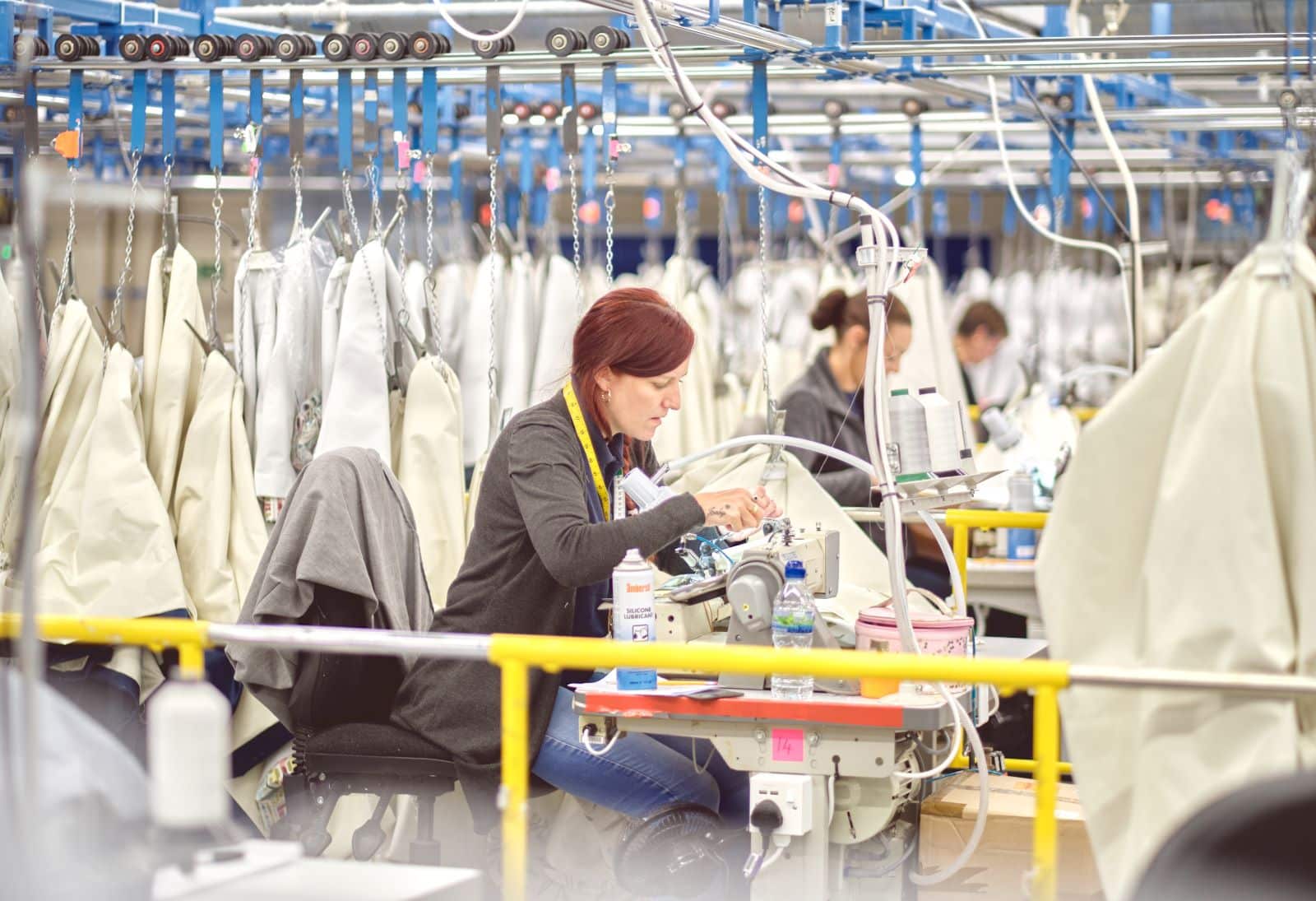
In contrast, the manufacturing and construction sectors have seen a decline in output during the same period.
The Question of Sustainability

Economists warn that this growth might not be sustainable, given ongoing challenges such as high interest rates and supply constraints. Suren Thiru, economics director at ICAEW, notes, “The UK’s strong second quarter owes more to temporary momentum… than from a meaningful improvement in the UK’s underlying growth trajectory.”
Brexit’s Impact on the UK Economy
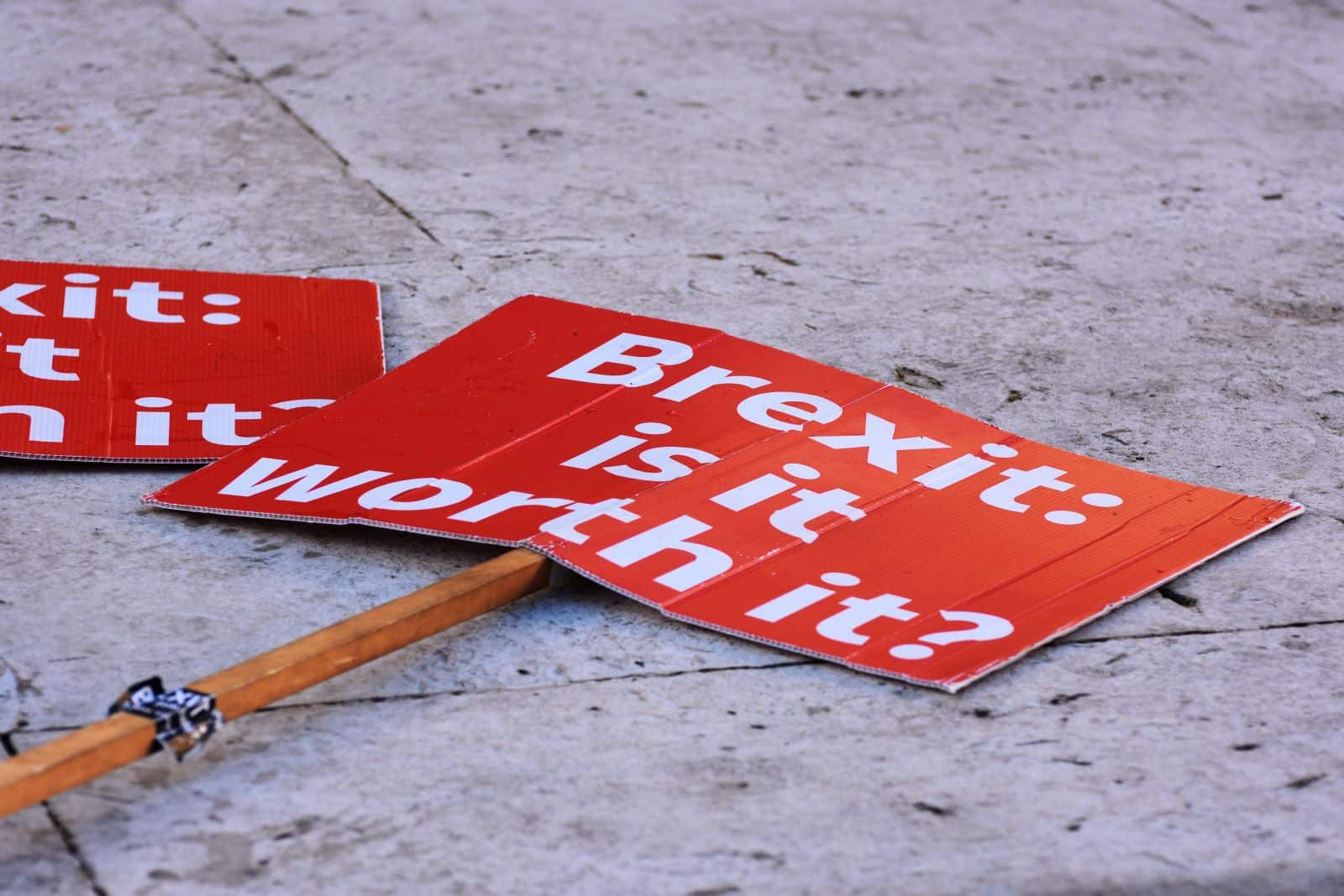
Brexit has had a significant impact on the UK economy, with estimates suggesting a reduction in economic output by around 4-5%.
The Effect on International Trade

Brexit has led to reduced international trade, a major factor in the UK’s economic underperformance compared to other advanced economies. Some say that Brexit has made the UK less competitive on the global stage, particularly in manufacturing.
The Decline in Business Investment
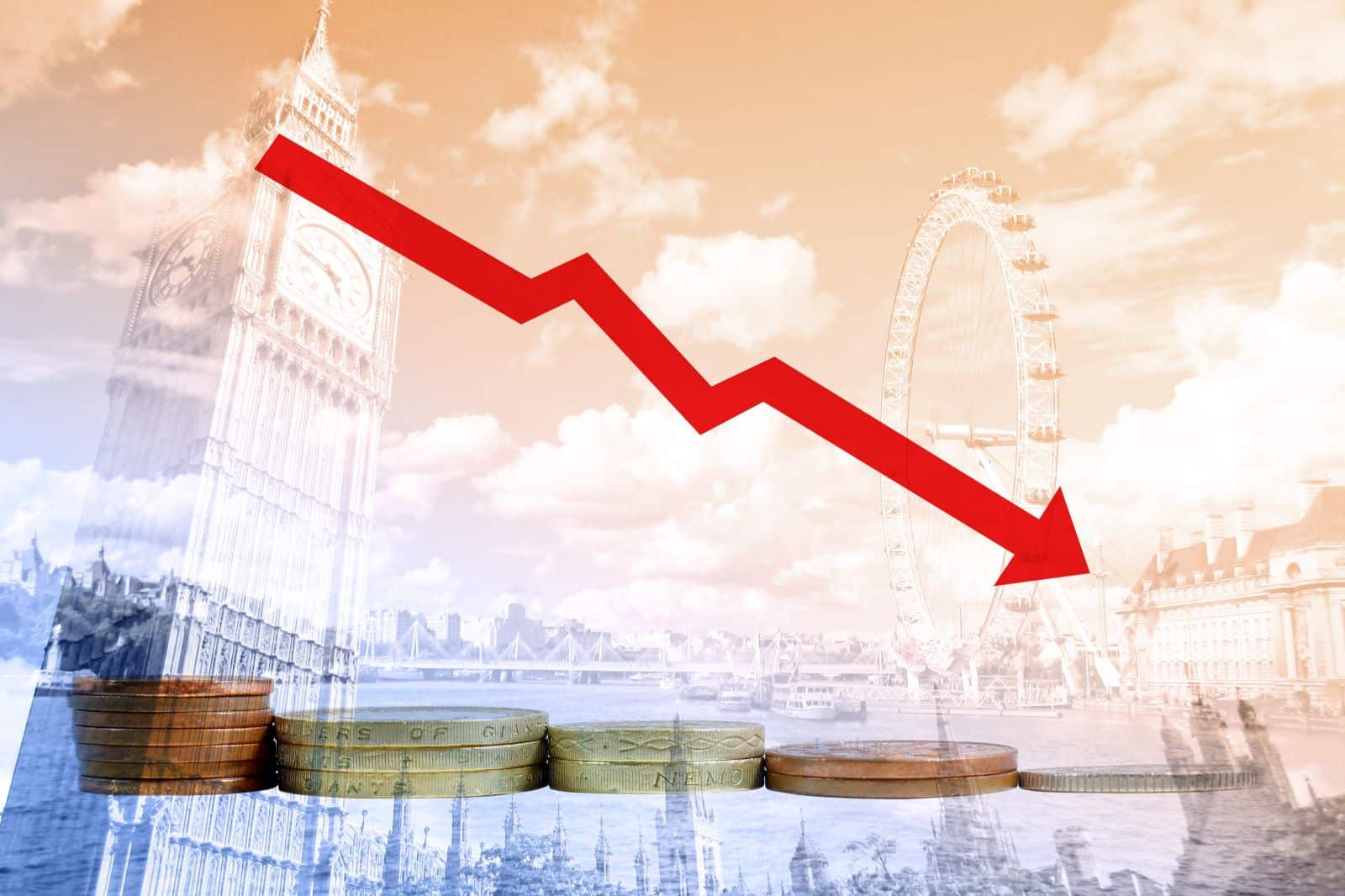
Business investment in the UK has also been weaker than expected, with Brexit contributing to a 10% lower investment than it might have been otherwise.
Immigration Changes Post-Brexit

The end of free movement has reduced EU immigration, affecting sectors reliant on this labour, although increased immigration from outside the EU has offset some of this impact.
Challenges in the Labor Market
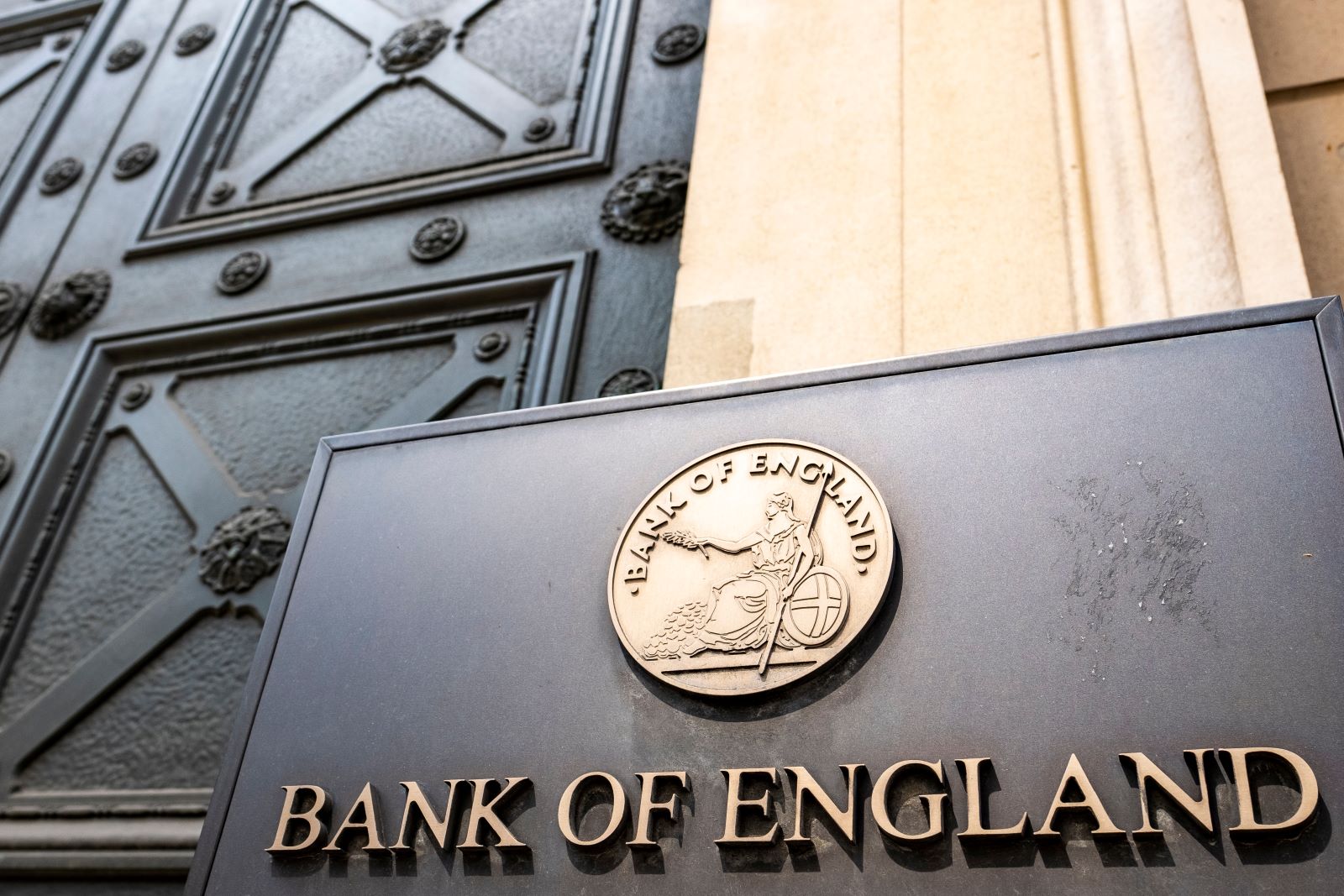
The reduction in EU immigration has contributed to higher prices and reduced output in certain sectors without significantly boosting wages. Bank of England policymaker Jonathan Haskel commented, stated that Brexit has imposed a “productivity penalty” on the UK economy, amounting to approximately 1.3% of GDP.
This loss translates to about £29 billion, or roughly £1,000 per household.
Ongoing Adjustments to Brexit
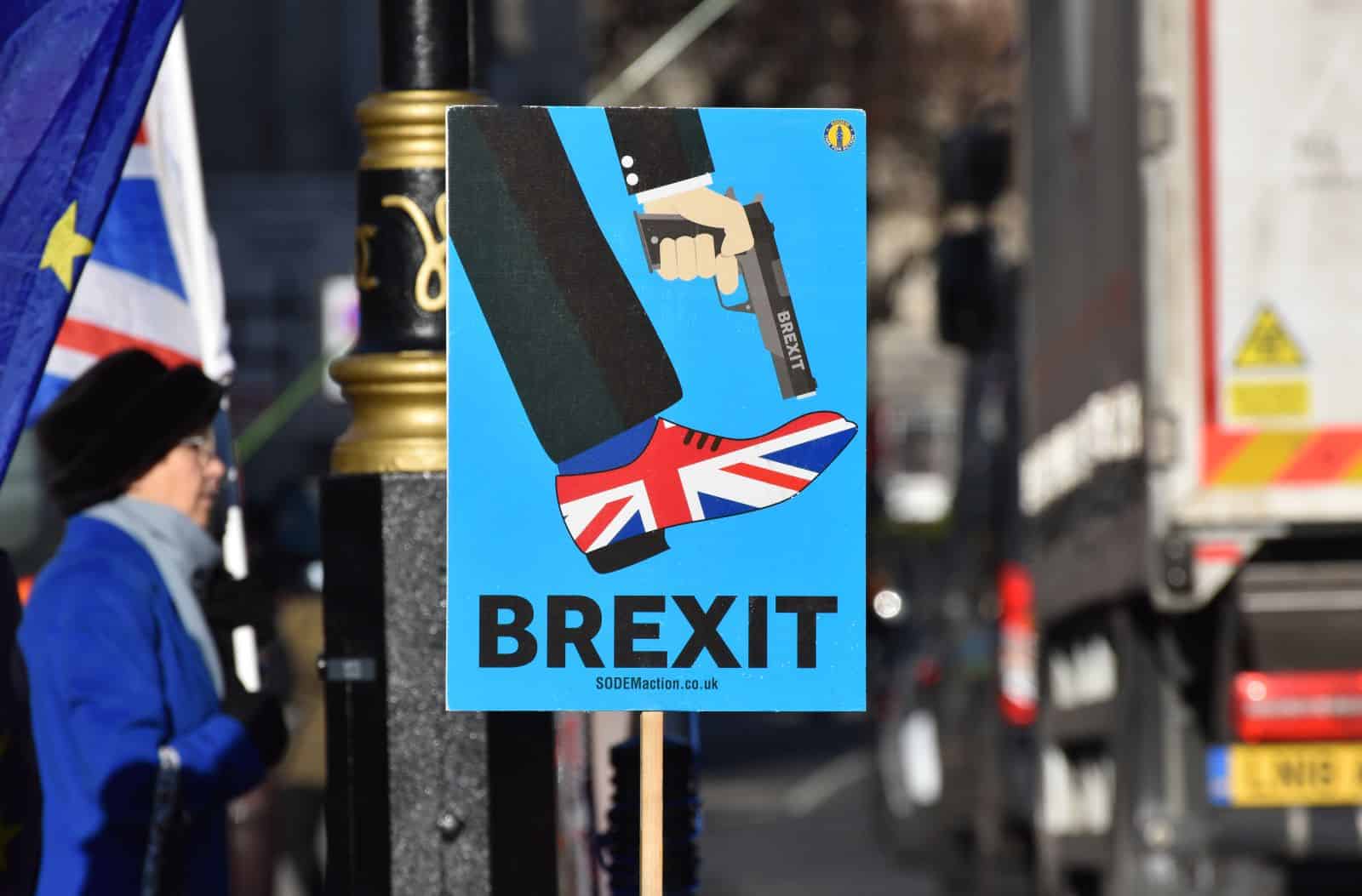
The UK is still adjusting to its new trading environment, with ongoing uncertainties around future economic relationships with the EU.
The Long-Term Outlook

The long-term outlook for the UK economy remains uncertain, with Brexit continuing to pose challenges to sustained economic growth.
Goldman Sachs on Brexit’s Economic Cost
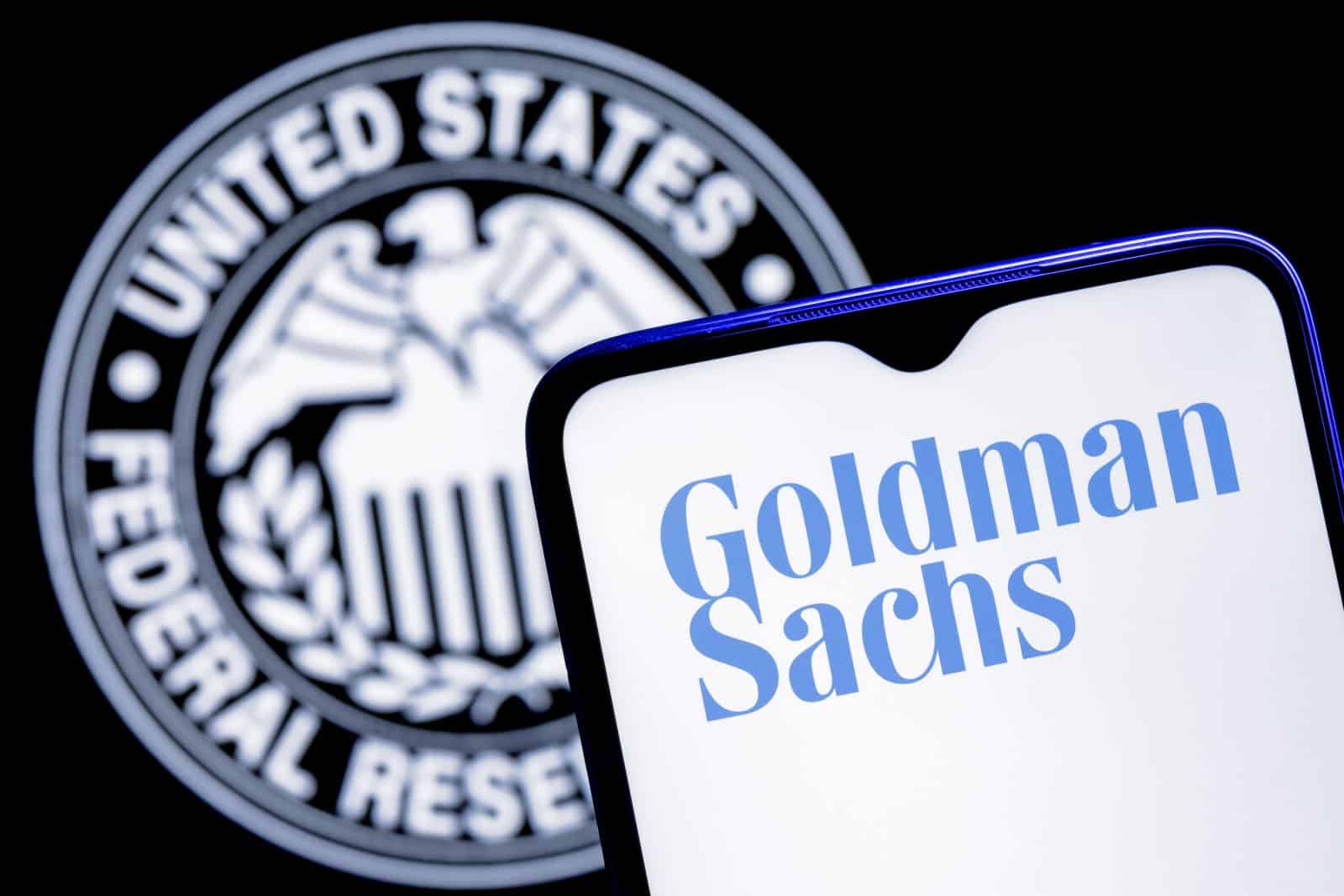
Goldman Sachs has estimated that Brexit has cost the UK economy around 5% of GDP, a significant long-term cost.
The OBR’s Brexit Analysis

The Office for Budget Responsibility has also highlighted the negative impact of Brexit on the UK’s economic performance, noting a 4% reduction in output.
Contrasting Opinions on Brexit’s Impact

While some argue that Brexit will eventually bring benefits, the immediate and ongoing costs have been significant. Critics believe that Brexit was sold as a path to economic freedom, but instead, it’s shackled the UK economy with long-term challenges.
Impact on Consumer Prices

The impact of Brexit on consumer prices has been noticeable, with higher costs in sectors affected by reduced EU labour. Brexit has led to a reduction in trade intensity, with UK trade with the EU decreasing significantly since 2016.
The Impact on Productivity
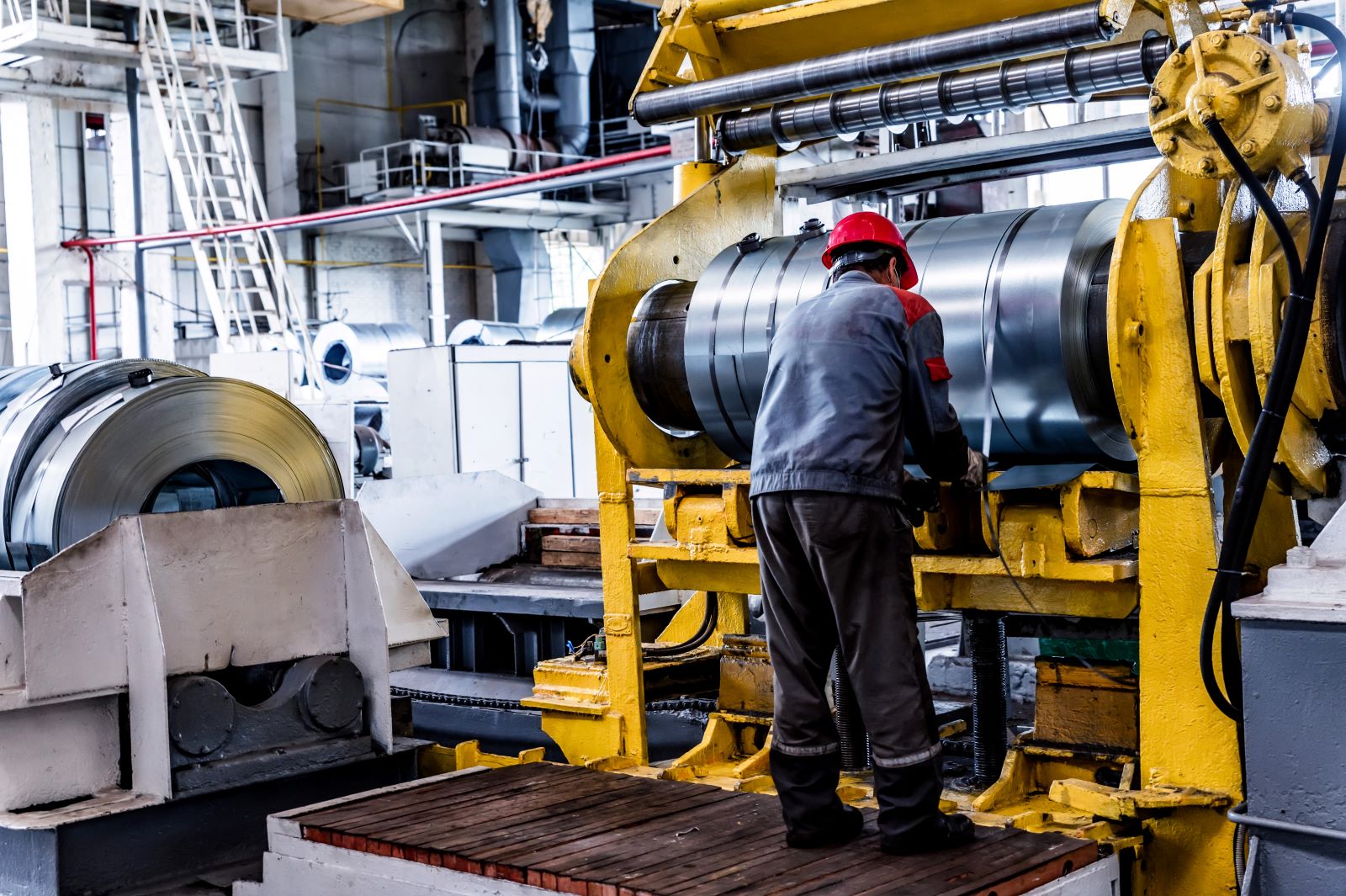
Brexit-related uncertainty and reduced investment have also contributed to a decline in UK productivity.
The Role of Interest Rates
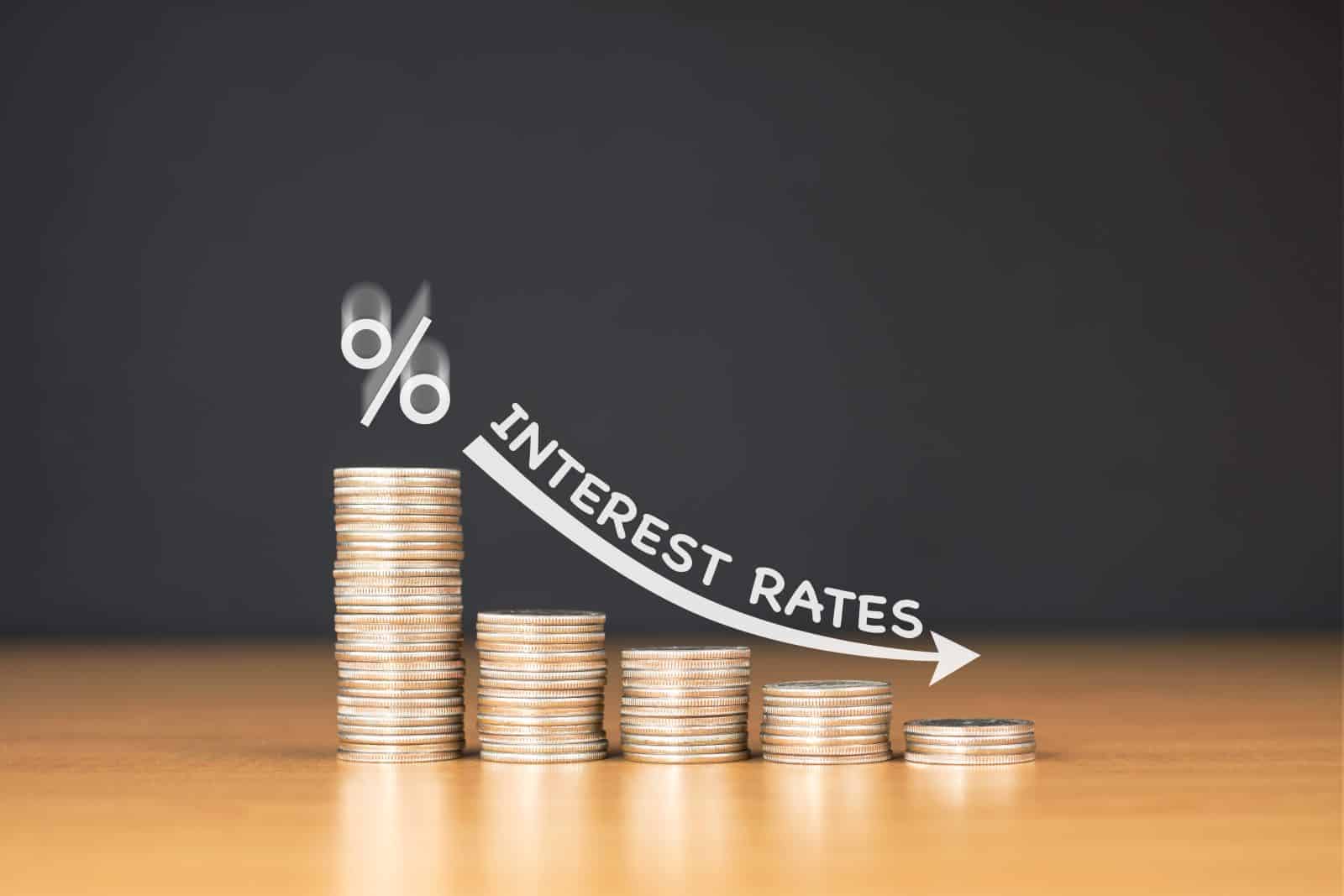
The Bank of England has responded to the economic situation with cautious interest rate cuts, which may influence future growth.
The Complex Legacy of Brexit
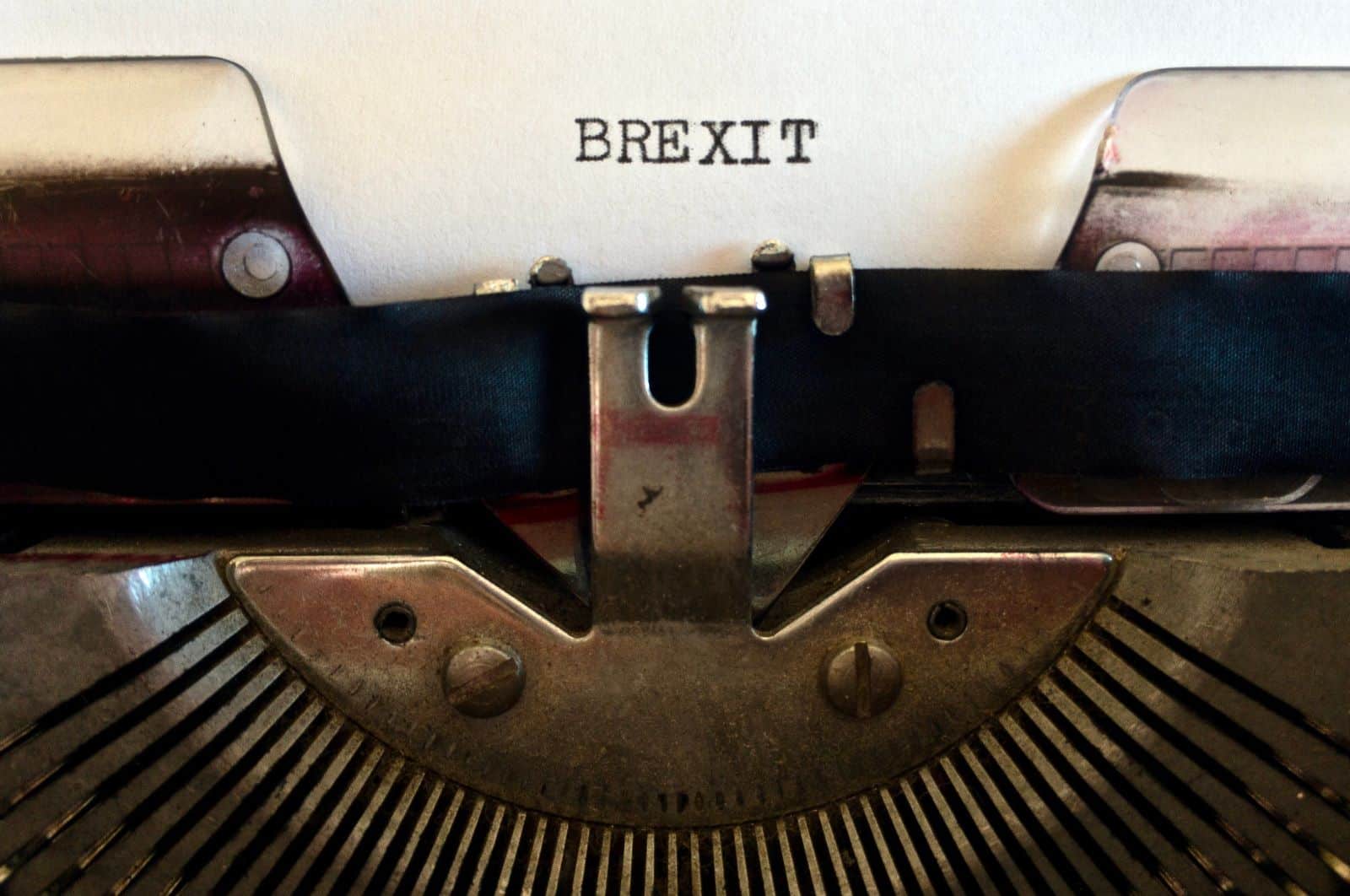
The overall impact of Brexit on the UK economy is a mix of immediate costs and long-term adjustments, with the full effects still unfolding.
Featured Image Credit: Shutterstock / IR Stone.
For transparency, this content was partly developed with AI assistance and carefully curated by an experienced editor to be informative and ensure accuracy.
The images used are for illustrative purposes only and may not represent the actual people or places mentioned in the article.

